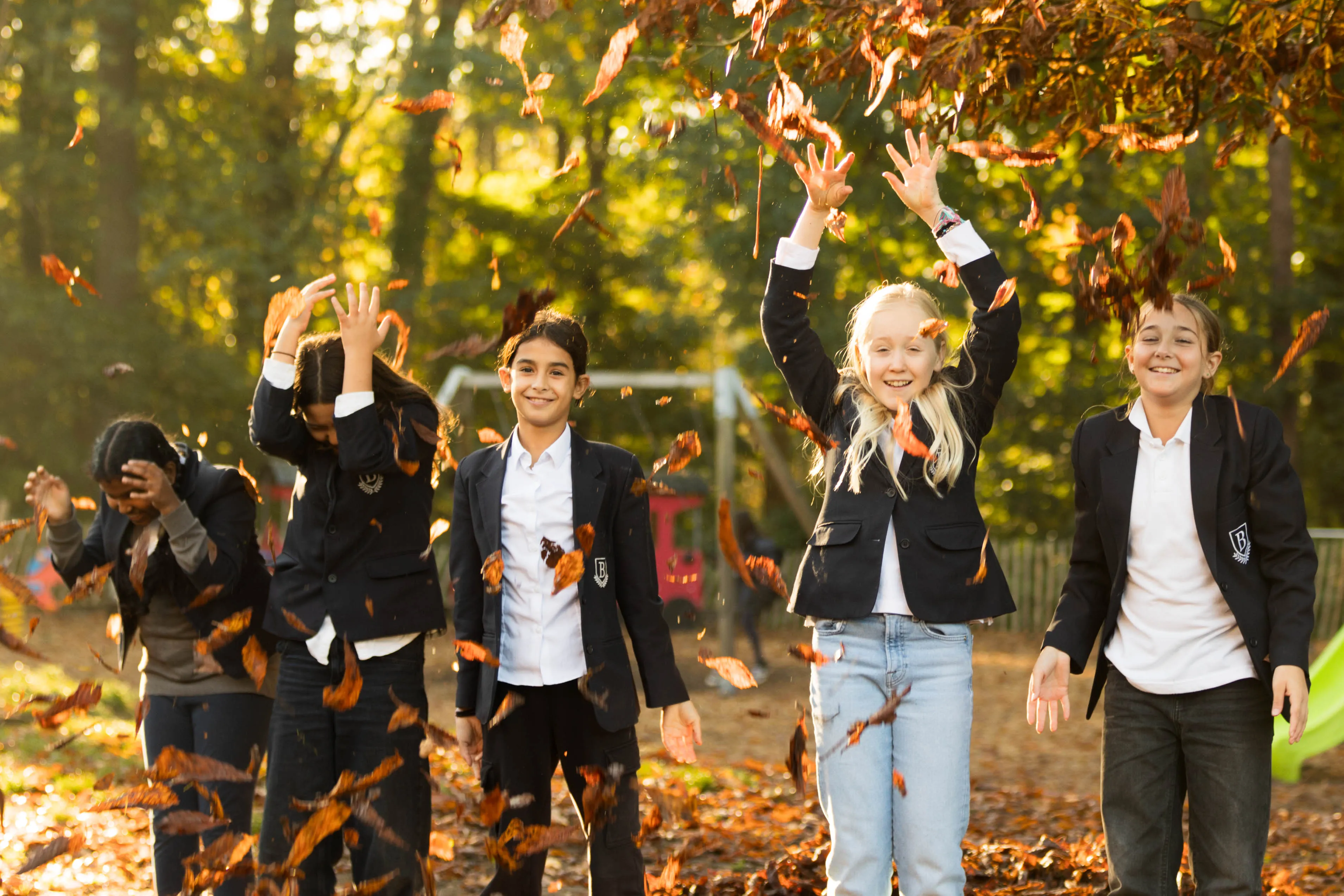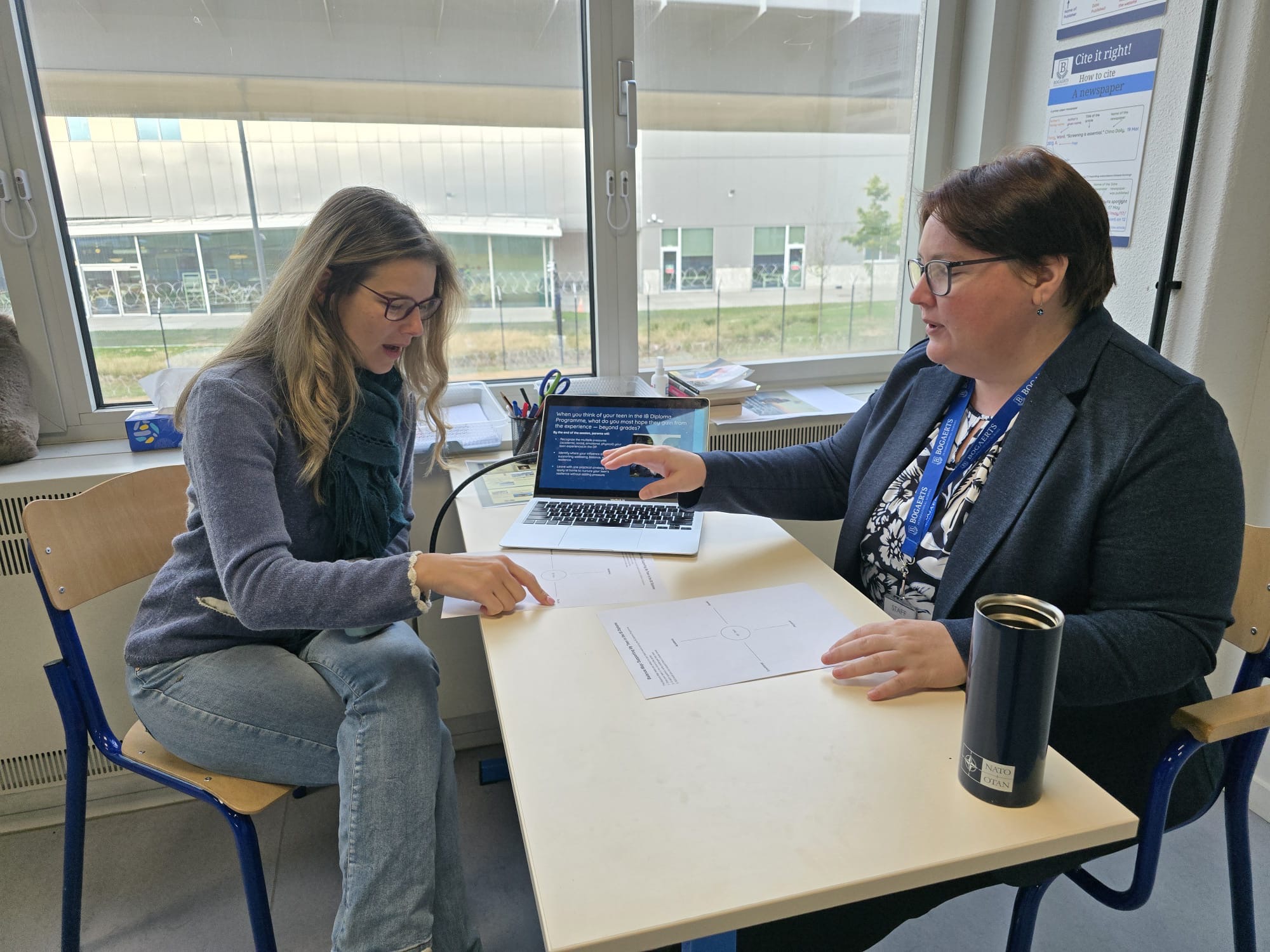Kindness: A Form of Universal Language

At Bogaerts International School North Campus, we are privileged to witness the daily beauty of linguistic and cultural diversity. The varied accents, languages, and traditions present in our community are a constant reminder of the world’s richness and complexity. This diversity is not just something we notice; it is something we celebrate and cherish. However, navigating such diversity can sometimes feel like learning new and unfamiliar languages. And yet, much like mathematics or music, there is another universal language that transcends borders, customs, and differences: the language of kindness.
If mathematics is the language of logic and order, and music is the language of emotion and rhythm, then kindness is the language of connection and understanding. It is a form of communication that speaks directly to our humanity, bridging the gaps between cultures, beliefs, and ways of life.
The Global Challenge of Diversity
As a global community, we are bound to encounter differences in how we communicate, behave, and understand the world. Each culture has its own rituals, norms, and habits that shape how people interact. For example, what may be considered a friendly gesture in one culture could be perceived as rude or intrusive in another. In some societies, eye contact is a sign of respect, while in others, it can be interpreted as a challenge or invasion of personal space. Words that are harmless in one language may carry unintended connotations in another. Even something as simple as a handshake can vary in meaning across different cultures.
These differences are part of the fabric of an international school, and they are not obstacles to overcome but opportunities to learn. They remind us that being part of a global community requires sensitivity and thoughtfulness. It requires speaking a universal language that transcends these differences: the language of kindness.
.png)
Why Kindness Matters
Kindness is more than just politeness. It is an intentional, respectful way of interacting with others, particularly when there are differences to navigate. By teaching and modelling kindness, we help our students develop an awareness of what is acceptable and unacceptable in a global context. Kindness becomes the tool through which we can respectfully share space, ensuring dignity and justice for all.
In our extended learning community, at school and at home, we must be consistent in showing our students that kindness is not just a virtue but a practice. When interacting with peers from different backgrounds, kindness guides us to ask questions, to listen carefully, and to reserve judgement. It teaches us that it is not our role to determine whose cultural practices are "better" or "worse" but rather to seek a middle point where all perspectives are honoured and respected.
.png)
Our Shared Responsibility
As parents and educators, we share the responsibility of constructing a safe, inclusive environment for our children. A place where every student feels seen, heard, and valued. It is a space where the language of kindness is spoken fluently, guiding our interactions, shaping our community, and setting a foundation for learning that prioritises respect.
By committing to kindness, we are laying the groundwork for a stimulating learning environment where students can thrive—regardless of their background. Together, let’s ensure that our school remains a beacon of shared understanding, where every child knows that their heritage is celebrated, and where respect for one another is at the forefront of everything we do.
Kindness is the universal language we can all speak. Let’s ensure we speak it well.
Reflection and an Invitation for our Community:
Before bringing this post to a closure, I’d like to invite all members of our community to take the time to discuss what it means to be kind at home, and how our kindness reflects in our daily lives. As Mr. Roberto says, “In kindness, there is no room for violence. In kindness, there is no room for hurt.” In kindness, there is only room for working respect and togetherness.
Hopefully, the guiding questions below can guide the conversation.
- How do we, as individuals, respond when someone’s cultural practice feels unfamiliar or even uncomfortable?
- In what ways can we model the language of kindness to our children, ensuring they grow into compassionate global citizens?











.png)

















































